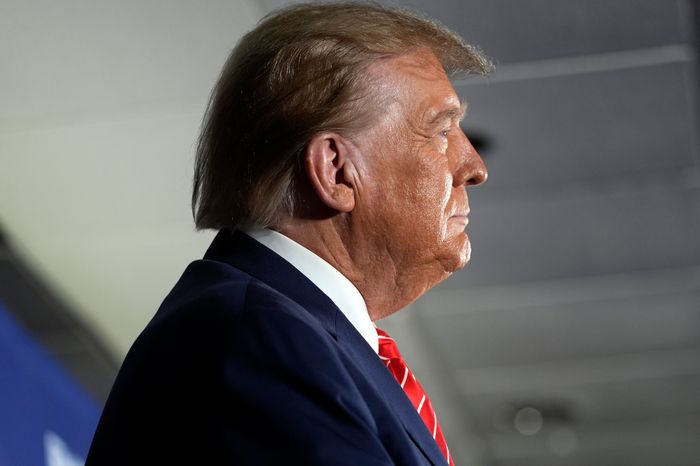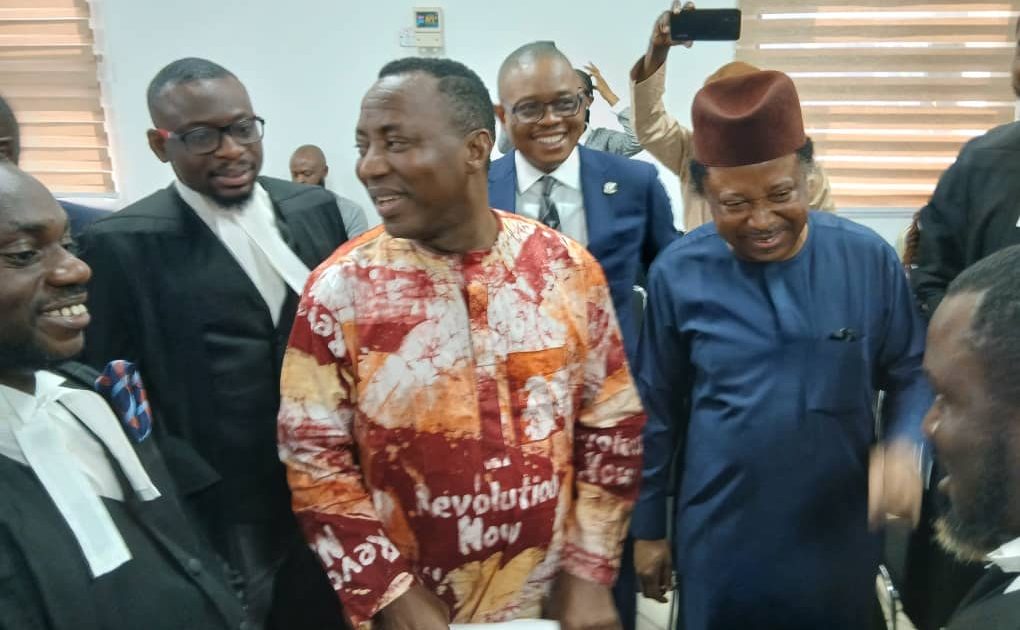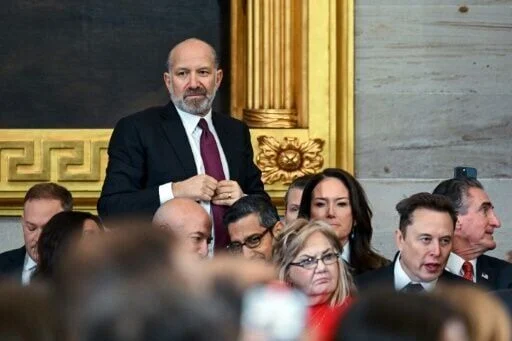The U.S. Supreme Court has invalidated attempts by certain states to prevent Donald Trump from pursuing the presidency, invoking an anti-insurrection constitutional provision. The unanimous decision specifically pertains to Colorado but also negates challenges mounted in other jurisdictions.
Colorado had previously barred Mr. Trump from its Republican primary, citing his purported involvement in inciting the 2021 Capitol disturbance. Nevertheless, the Supreme Court’s ruling underscores that only Congress, not individual states, holds the prerogative to render such judgments.
This pivotal ruling paves the path for Mr. Trump to engage in the Colorado primary slated for today, granting him the opportunity to vie for the Republican nomination within the state.
The Supreme Court’s intervention underscores the pivotal role of constitutional precepts and federal statutes in shaping the electoral milieu and safeguarding the integrity of the democratic apparatus.
The verdict carries substantial ramifications not solely for Mr. Trump’s candidacy but also for the broader spectrum of intergovernmental relationships and the allocation of authority within the American political architecture.
By affirming the supremacy of congressional jurisdiction in matters pertaining to presidential entitlement, the Supreme Court reaffirms the tenets of federalism and the division of powers enshrined in the U.S. Constitution.
The ruling offers clarity regarding the constitutional limits of state autonomy in overseeing electoral mechanisms and accentuates the significance of adhering to established legal paradigms in resolving contentious political contentions.
In its unanimous pronouncement, the Supreme Court underscores the necessity for coherence and uniformity in implementing electoral statutes and regulations across jurisdictions, thereby fortifying the democratic process and ensuring equitable access to political engagement.
The decision epitomizes the judiciary’s role as a sentinel of constitutional principles and underscores its dedication to upholding the rule of law in contentious and politically charged contexts.
As the 2024 presidential electoral cycle unfolds, the Supreme Court’s decision establishes a precedent for forthcoming challenges to presidential candidacy prerequisites, spotlighting the enduring import of legal precedents and constitutional interpretation in shaping American democracy.




